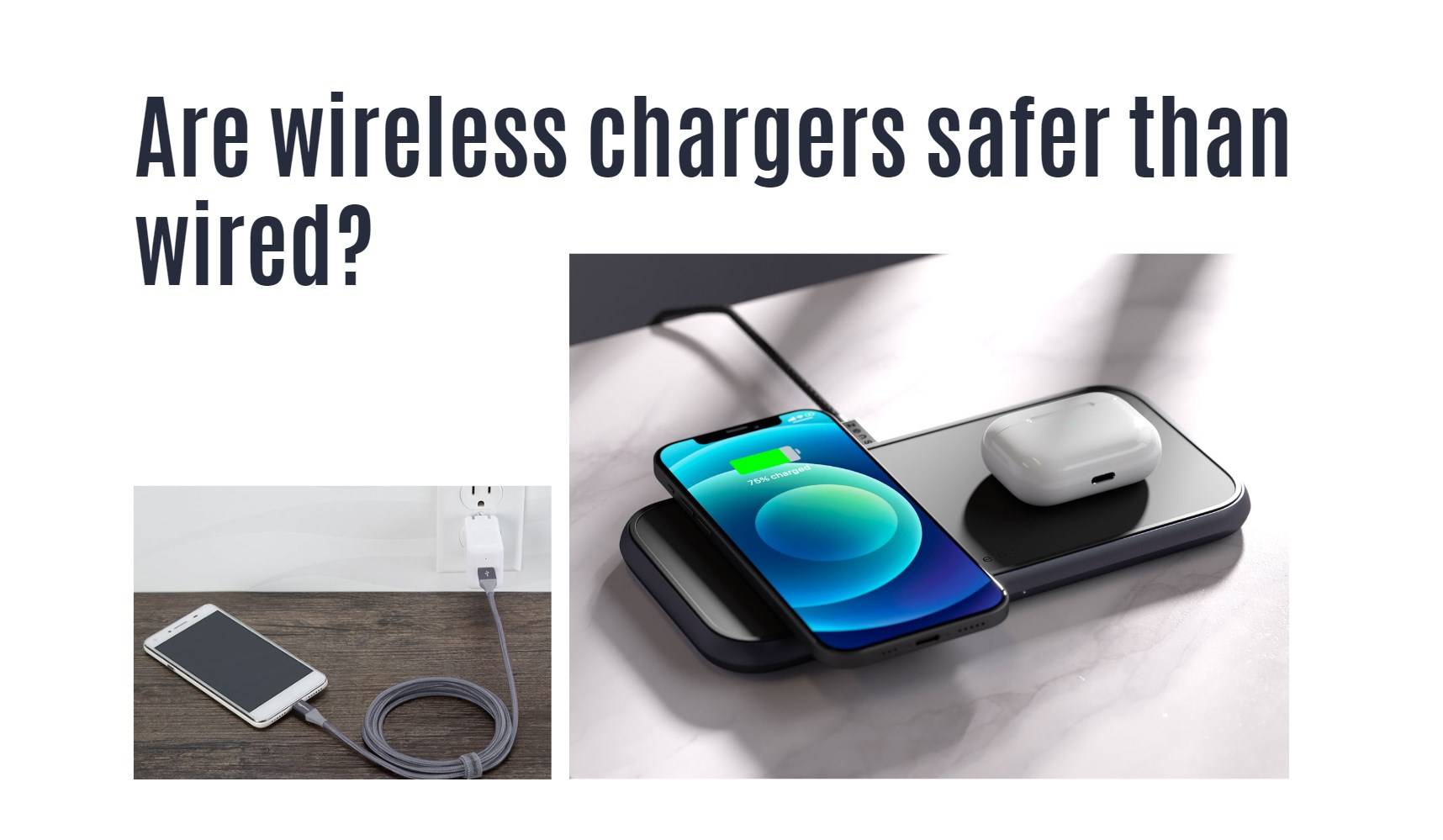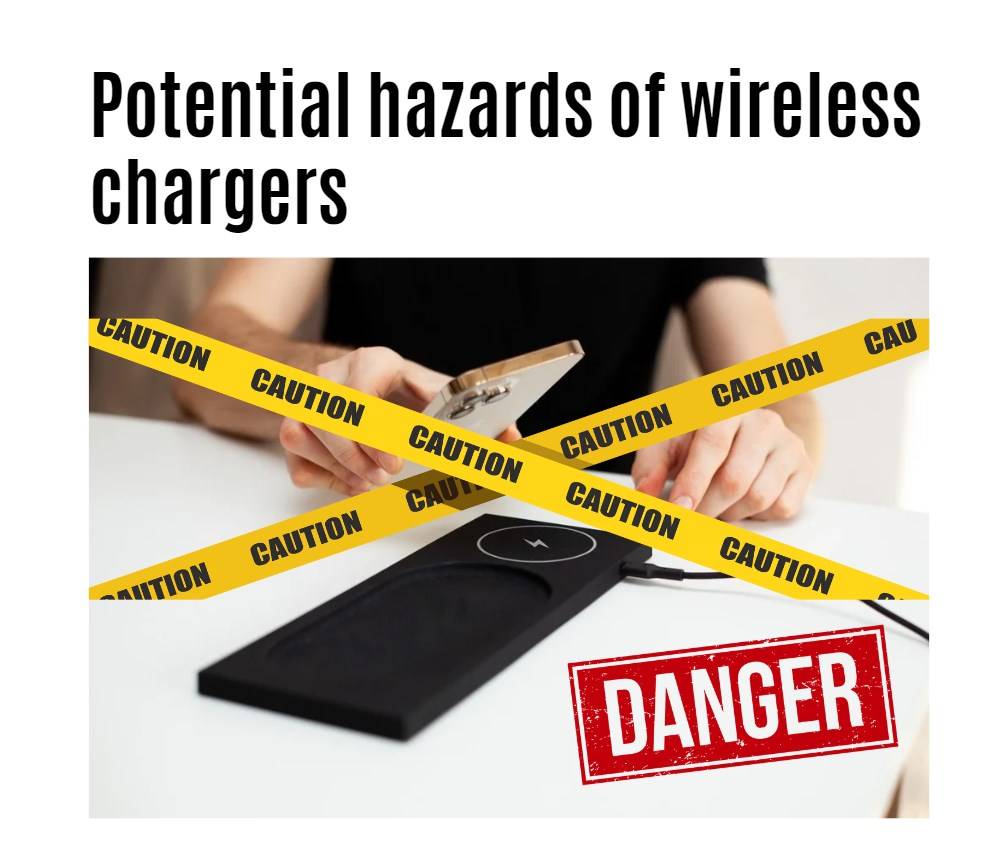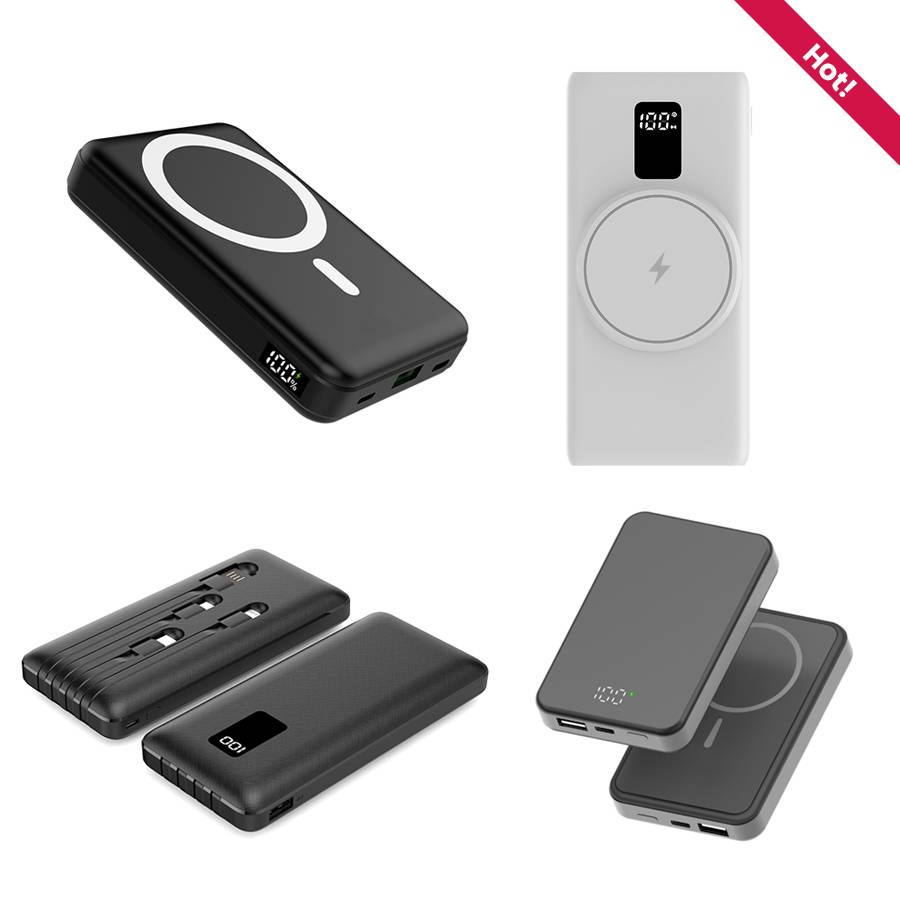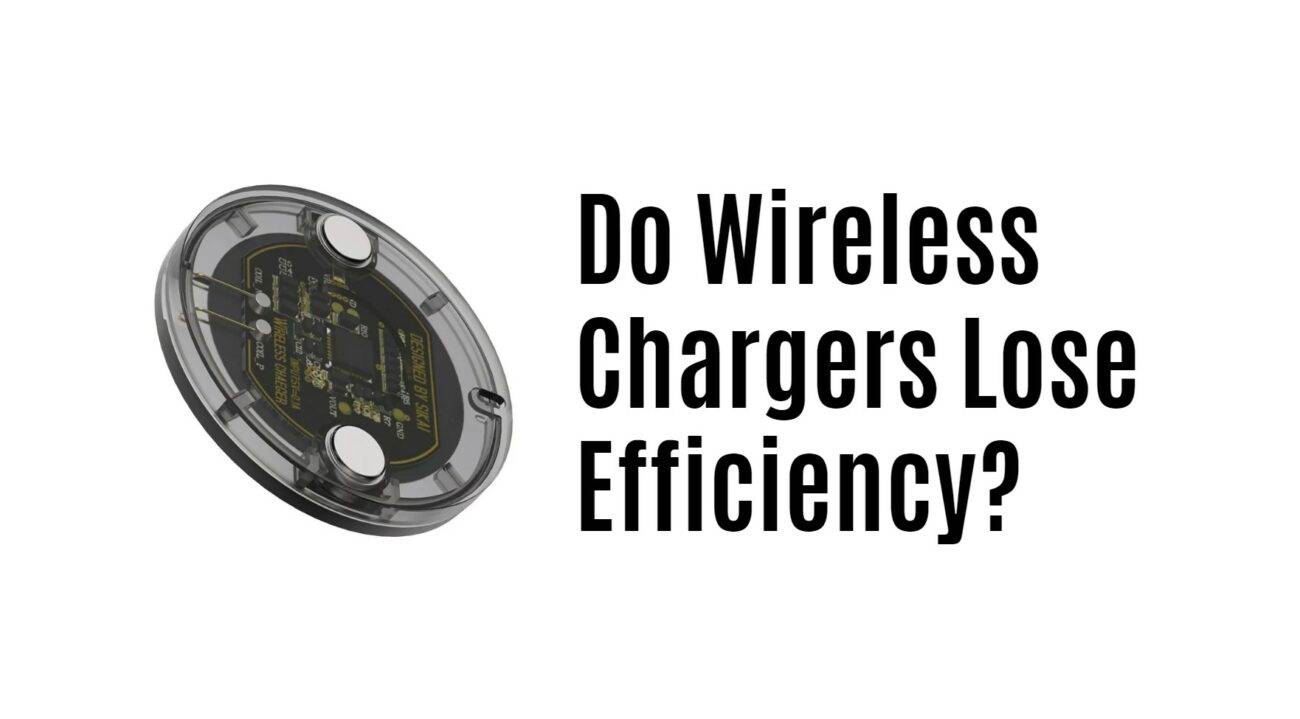- Lithium Golf Cart Battery
- Forklift Lithium Battery
-
48V
- 48V 210Ah
- 48V 300Ah
- 48V 420Ah (949 x 349 x 569 mm)
- 48V 420Ah (950 x 421 x 450 mm)
- 48V 456Ah
- 48V 460Ah (830 x 630 x 590 mm)
- 48V 460Ah (950 x 421 x 450 mm)
- 48V 460Ah (800 x 630 x 600 mm)
- 48V 460Ah (820 x 660 x 470 mm)
- 48V 500Ah
- 48V 560Ah (810 x 630 x 600 mm)
- 48V 560Ah (950 x 592 x 450 mm)
- 48V 600Ah
- 48V 630Ah
-
48V
- 12V Lithium Battery
12V 150Ah Lithium RV Battery
Bluetooth App | BCI Group 31
LiFePO4 Lithium
Discharge Temperature -20°C ~ 65°C
Fast Charger 14.6V 50A
Solar MPPT Charging - 24V Lithium Battery
- 36V Lithium Battery
- 48V Lithium Battery
-
48V LiFePO4 Battery
- 48V 50Ah
- 48V 50Ah (for Golf Carts)
- 48V 60Ah (8D)
- 48V 100Ah (8D)
- 48V 100Ah
- 48V 100Ah (Discharge 100A for Golf Carts)
- 48V 100Ah (Discharge 150A for Golf Carts)
- 48V 100Ah (Discharge 200A for Golf Carts)
- 48V 150Ah (for Golf Carts)
- 48V 160Ah (Discharge 100A for Golf Carts)
- 48V 160Ah (Discharge 160A for Golf Carts)
-
48V LiFePO4 Battery
- 60V Lithium Battery
-
60V LiFePO4 Battery
- 60V 20Ah
- 60V 30Ah
- 60V 50Ah
- 60V 50Ah (Small Size / Side Terminal)
- 60V 100Ah (for Electric Motocycle, Electric Scooter, LSV, AGV)
- 60V 100Ah (for Forklift, AGV, Electric Scooter, Sweeper)
- 60V 150Ah (E-Motocycle / E-Scooter / E-Tricycle / Tour LSV)
- 60V 200Ah (for Forklift, AGV, Electric Scooter, Sweeper)
-
60V LiFePO4 Battery
- 72V~96V Lithium Battery
- Rack-mounted Lithium Battery
- E-Bike Battery
- All-in-One Home-ESS
- Wall-mount Battery ESS
-
Home-ESS Lithium Battery PowerWall
- 24V 100Ah 2.4kWh PW24100-S PowerWall
- 48V 50Ah 2.4kWh PW4850-S PowerWall
- 48V 50Ah 2.56kWh PW5150-S PowerWall
- 48V 100Ah 5.12kWh PW51100-F PowerWall (IP65)
- 48V 100Ah 5.12kWh PW51100-S PowerWall
- 48V 100Ah 5.12kWh PW51100-H PowerWall
- 48V 200Ah 10kWh PW51200-H PowerWall
- 48V 300Ah 15kWh PW51300-H PowerWall
PowerWall 51.2V 100Ah LiFePO4 Lithium Battery
Highly popular in Asia and Eastern Europe.
CE Certification | Home-ESS -
Home-ESS Lithium Battery PowerWall
- Portable Power Stations
Are Wireless Chargers Safer Than Wired Chargers?

Wireless chargers are generally considered to be as safe as wired chargers, with some advantages in terms of reduced risk of electric shock and wear on device ports. However, they also come with potential risks such as overheating and electromagnetic field (EMF) exposure. Understanding these factors can help users make informed decisions about their charging methods.
What are the safety benefits of wireless charging?
Wireless charging offers several safety benefits compared to traditional wired charging:
- Reduced Risk of Electric Shock: Since there are no exposed electrical contacts, the likelihood of accidental electric shock is minimized.
- No Wear on Charging Ports: Wireless charging eliminates the need to plug and unplug devices, reducing wear on ports and connectors.
- Convenience: Users can charge their devices without fumbling with cables, which can be especially beneficial in low-light situations.
Chart: Safety Benefits of Wireless Charging
| Benefit | Description |
|---|---|
| Reduced Electric Shock Risk | No exposed contacts, minimizing accidental shocks |
| Less Wear on Ports | No repeated plugging/unplugging, extending device lifespan |
| Convenience | Easier access without dealing with cables |
How does wireless charging reduce the risk of electric shock?
Wireless charging reduces the risk of electric shock by using inductive coupling to transfer energy between a charger and a device without direct contact. This method eliminates exposed wires or connectors that could potentially conduct electricity, making it safer for users, particularly around children or pets who might accidentally touch a plugged-in device.
What are the potential risks associated with wireless charging?
While generally safe, there are potential risks associated with wireless charging:
- Overheating: Wireless chargers can generate heat during operation, which may lead to overheating if not properly managed.
- Interference: Wireless chargers can interfere with other electronic devices, especially medical implants like pacemakers.
- Charging Efficiency: Wireless charging is typically less efficient than wired methods, leading to longer charge times and increased energy consumption.
How do wireless chargers handle overheating?
Many modern wireless chargers incorporate built-in safety features to manage overheating:
- Temperature Sensors: These detect excessive heat and may reduce power output or shut off completely to prevent damage.
- Ventilation Designs: Some chargers have designs that promote airflow around the device being charged, helping dissipate heat.
- Smart Charging Technology: Advanced models adjust power levels based on temperature readings to maintain safe operating conditions.
What health concerns are associated with wireless charging?
Health concerns related to wireless charging primarily focus on electromagnetic fields (EMFs). While current research indicates that EMF exposure from wireless chargers is low and generally considered safe, ongoing studies continue to assess potential long-term effects. Users should remain informed about EMF levels and consider minimizing exposure where possible.
How does EMF exposure from wireless chargers compare to wired chargers?
Wireless chargers emit low-frequency EMFs during operation; however, these levels are typically much lower than those emitted by other common devices such as cell phones or Wi-Fi routers. Wired chargers do not emit EMFs in the same way since they rely on direct electrical connections without induction. Therefore, while both methods have their considerations, many experts agree that EMF levels from quality wireless chargers remain within safe limits.
Are there long-term effects of using wireless chargers?
Current evidence does not conclusively indicate significant long-term effects from using wireless chargers. However, prolonged exposure to any form of EMF radiation is still a topic of ongoing research. Users who frequently charge their devices wirelessly should be aware of potential heat buildup and consider removing devices once fully charged to mitigate any risks associated with battery degradation over time.
What precautions should users take when using wireless chargers?
To ensure safe use of wireless chargers:
- Use Certified Chargers: Always opt for reputable brands that comply with safety standards.
- Monitor Temperature: Avoid using your device while it charges wirelessly if it feels excessively warm.
- Limit Exposure Time: Remove devices from the charger once fully charged to prevent heat buildup.
- Keep Clear of Other Electronics: Maintain distance from sensitive electronics or medical devices that may be affected by EMFs.
For those seeking alternatives or replacements for traditional batteries or chargers, Redway Power, known for its high-quality lithium-ion solutions, provides excellent options tailored to specific needs.
Tips for Battery Wholesale Buyers
When considering purchases from reliable manufacturers like Redway Power, keep these key points in mind:
- Assess manufacturer experience and reputation within the industry.
- Request samples or prototypes before making large orders to ensure quality.
- Verify compliance with international safety standards to avoid future issues.
- Discuss customization options that may better suit your application needs.
- Establish clear communication channels for ongoing support post-purchase.
With over 13 years of experience as a well-known lithium battery manufacturer, Redway Power is an excellent choice for wholesale buyers looking for reliable products.
Redway Power Expert Views
“Understanding the nuances between wired and wireless charging is key for consumers looking to optimize their device usage,” states a representative from Redway Power. “By following best practices and choosing quality products, users can enjoy the convenience of wireless technology while ensuring safety.”
FAQ Section
- Are wireless chargers safer than wired ones?
Yes, they generally present a lower risk of electric shock due to no exposed contacts but can pose risks related to overheating and EMF exposure. - What precautions should I take when using a wireless charger?
Use certified products, monitor device temperature during charging, limit exposure time, and keep sensitive electronics at a distance. - Do all devices support wireless charging?
Not all devices come equipped with this feature; check compatibility before purchasing a wireless charger.















